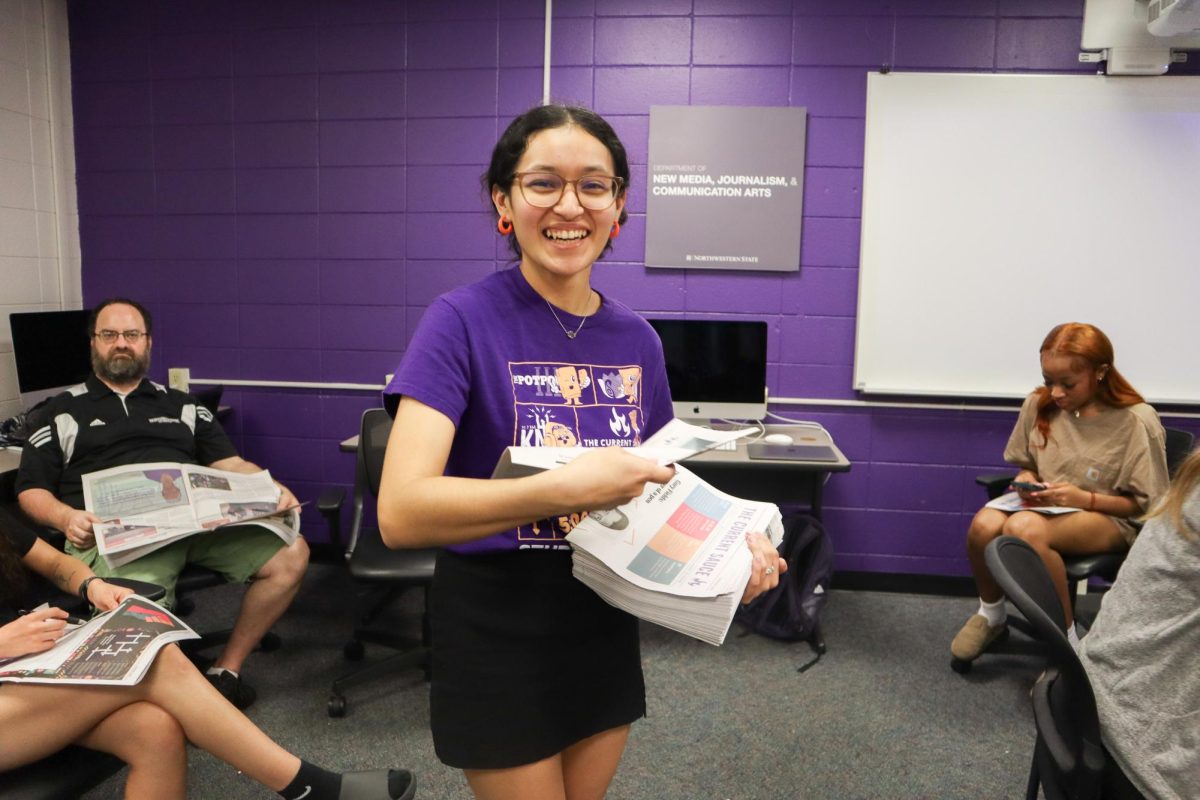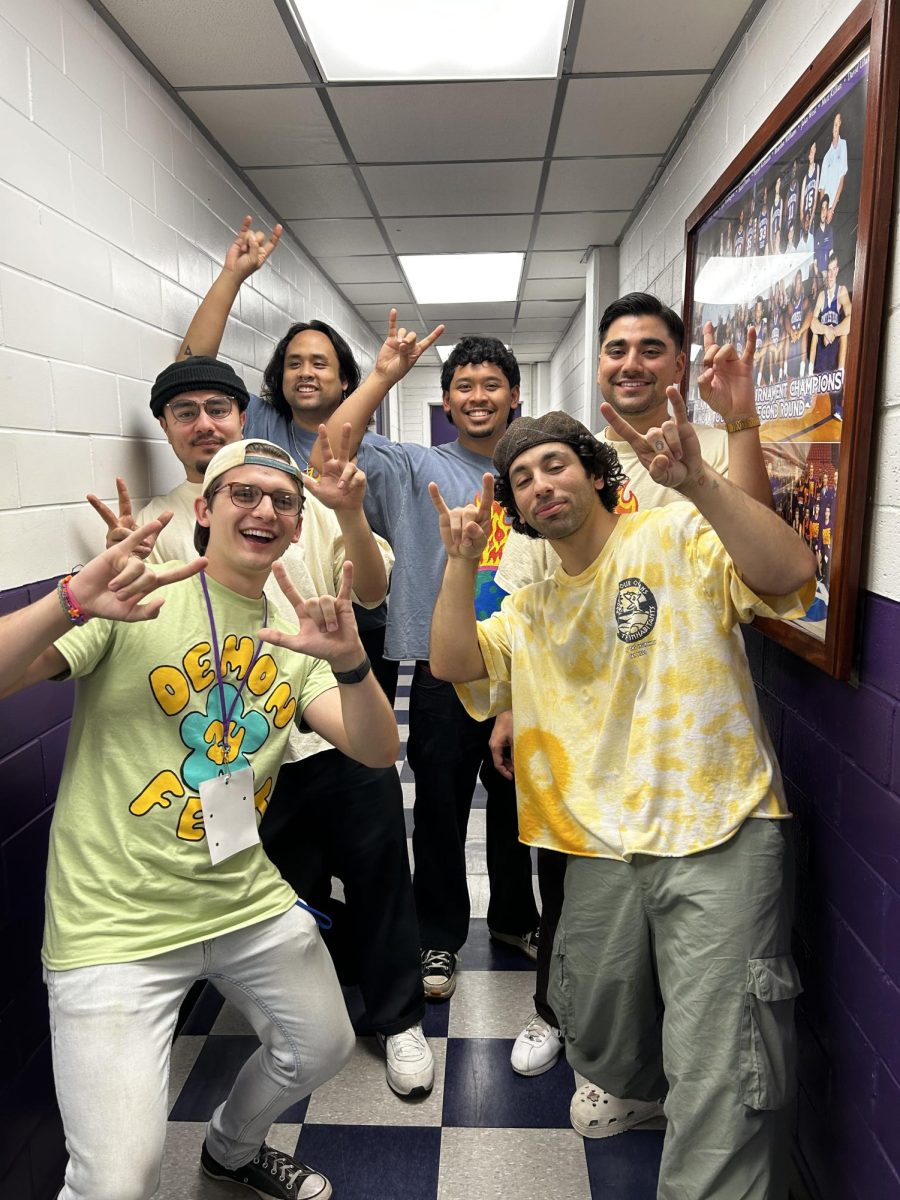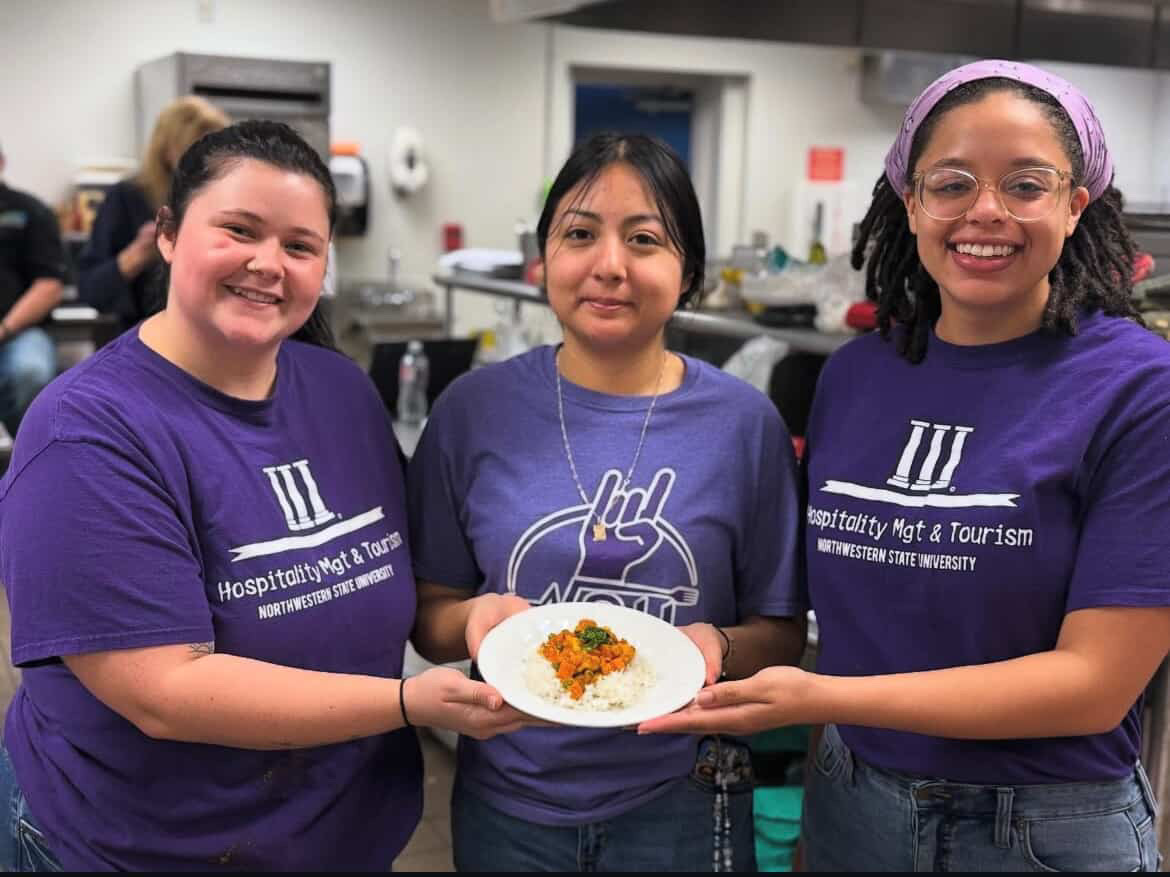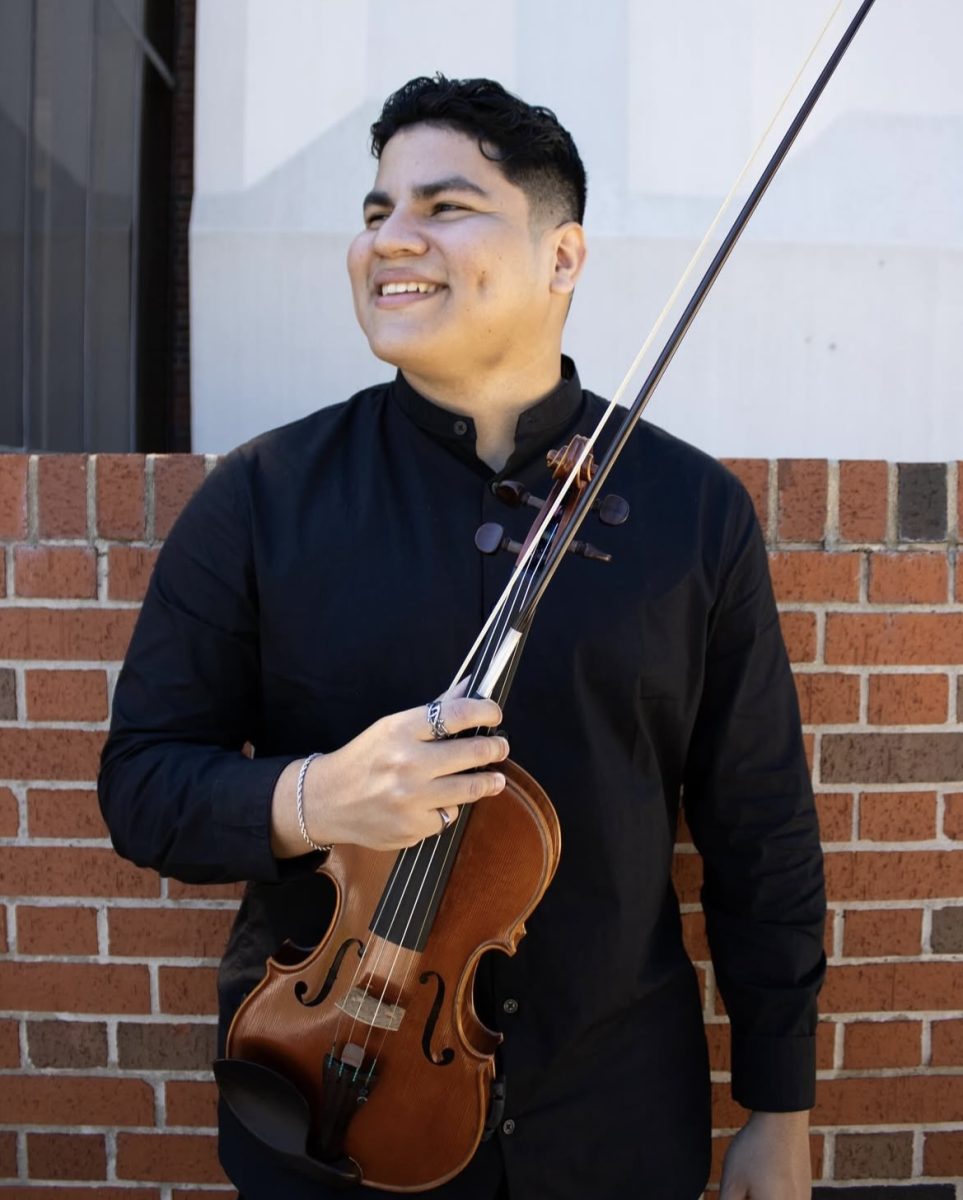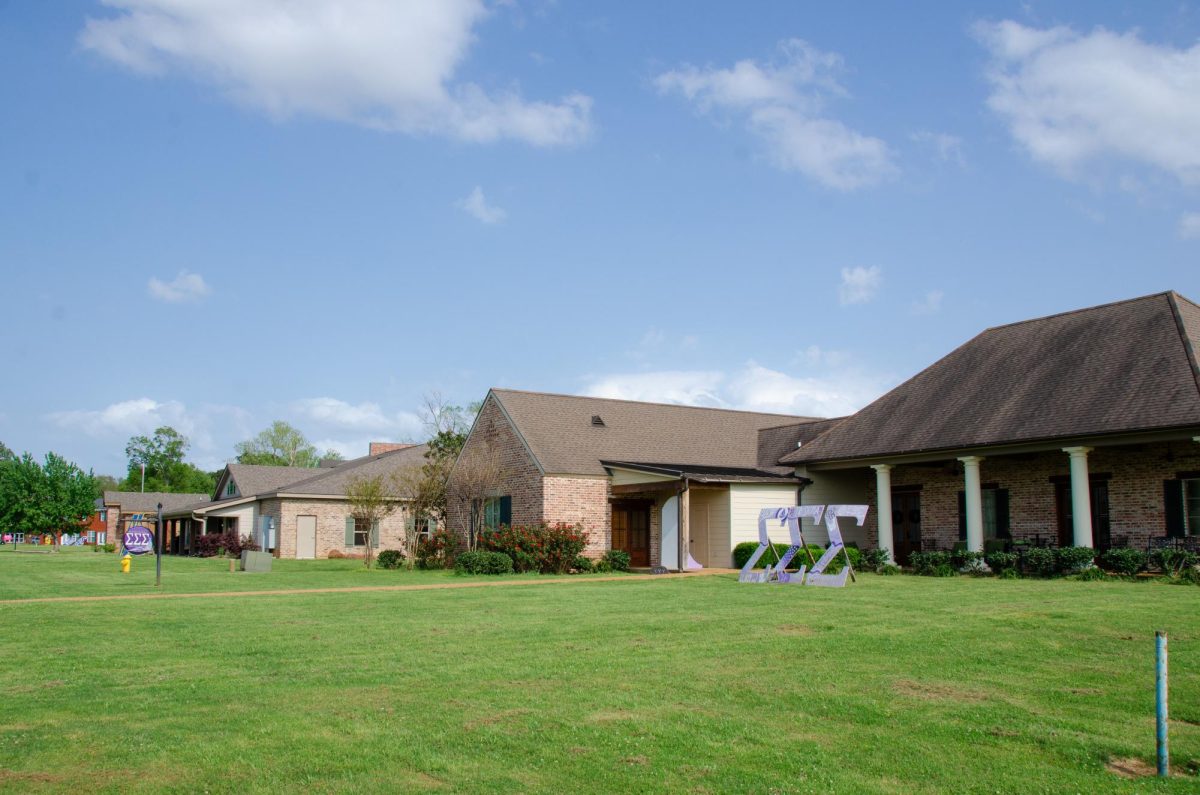Have you ever showed up somewhere, having no idea of what to expect, nobody to ask for advice and not knowing if you were going to make it through the day? That is what college is like for first-generation students – students whose parents did not attend college. I am constantly facing challenges that no matter how helpful my lovely family is, they have no idea how to help me or how to understand what I am going through.
My grandparents did not finish high school. Some left to join the military or marines and some left to work full time to support their families; all I know is that they had no choice, they did what they needed to do to survive through tough times.
My parents graduated high school but did not go to college. Since I grew up in a small town in the South, I thought this was common. In all honesty, I thought the only adults my parents’ age who had gone to college were rich people, since I did not know any personally. It wasn’t until I went to a different high school in a bigger city, with kids from a much wider social bracket that I realized differently.
I remember sitting in class next to kids whose parents were doctors, lawyers, college professors and more. I was amazed that these peers next to me knew that they wanted to go to the same college as their parents. I also noticed how much more prepared these people were than me and others who were also first-generation students. Even though we were only in high school at this point, since it was such a competitive school, their advantages were already becoming known.
I, like many first-generation students, had trouble filling out my college applications. We did not have much, if any, recruitment in my small town, so I would guess only a handful of my classmates applied to NSU. While I understand that it is important to recruit in big cities and schools, it is disappointing to forget about the smaller schools and towns.
If you come to a smaller parish, you could stop by to give a presentation at every school in one day, it wouldn’t be hard, and it would make such a difference to underfunded, smaller schools, mostly full of first-generation students.
Another issue to think about, without putting people into a box, is that people who did not go to college are likely to earn less than those who did. This affects what colleges their children get to apply to, and which ones they have a chance to attend.
It also affected their life growing up, including what kind of school they attended, what tutoring they had, if they had the opportunity to play sports and so much more. Colleges look at these things when deciding how much to give in scholarships and aid.
Finishing your college application is just the start of the race that is college, but as a first-generation college student, you feel like you are starting five miles behind everyone else. When you finally get accepted, choose a college, move in, and now suddenly you are getting ready for your first class.
Living in a dorm for the first time is a rough transition for any student, and it can be harder if you don’t have anyone to ask for advice. I would suggest becoming friendly with your roommate or someone who lives close to you. There are lots of other students who are still having trouble adjusting to college and need friends too.
Getting ready to go to your first college class can be frightening. The whole situation can be seriously isolating. For me, I had no one to ask for help and no one to relate my experiences to. Even when I would talk to my family about the things I was going through, they wouldn’t really be able to help because they have never been in a higher education setting. Adjusting to a college schedule is also a learning curve for many. Classes are either two or three days a week, they usually have more students in a class, and campuses are usually bigger than high school campuses.
My advice to anyone who feels alone is to find someone else who feels the same way. I know that it can feel like you are the only one who feels that way, but I promise you aren’t, and having a good support group can make your experience ten times better. Everything gets better after the first year, and you must keep in mind that you are doing this for your future.
Someone had to make the sacrifice, and we will make it through. I know that my grandparents would have loved the opportunity to be able to finish high school and go to college, so I now hope that my hard work will make it possible for my family’s future generations to attend college with ease.
Even when you are five miles behind, you are 10 miles ahead than your family ever was, so take advantage of the experience.






















